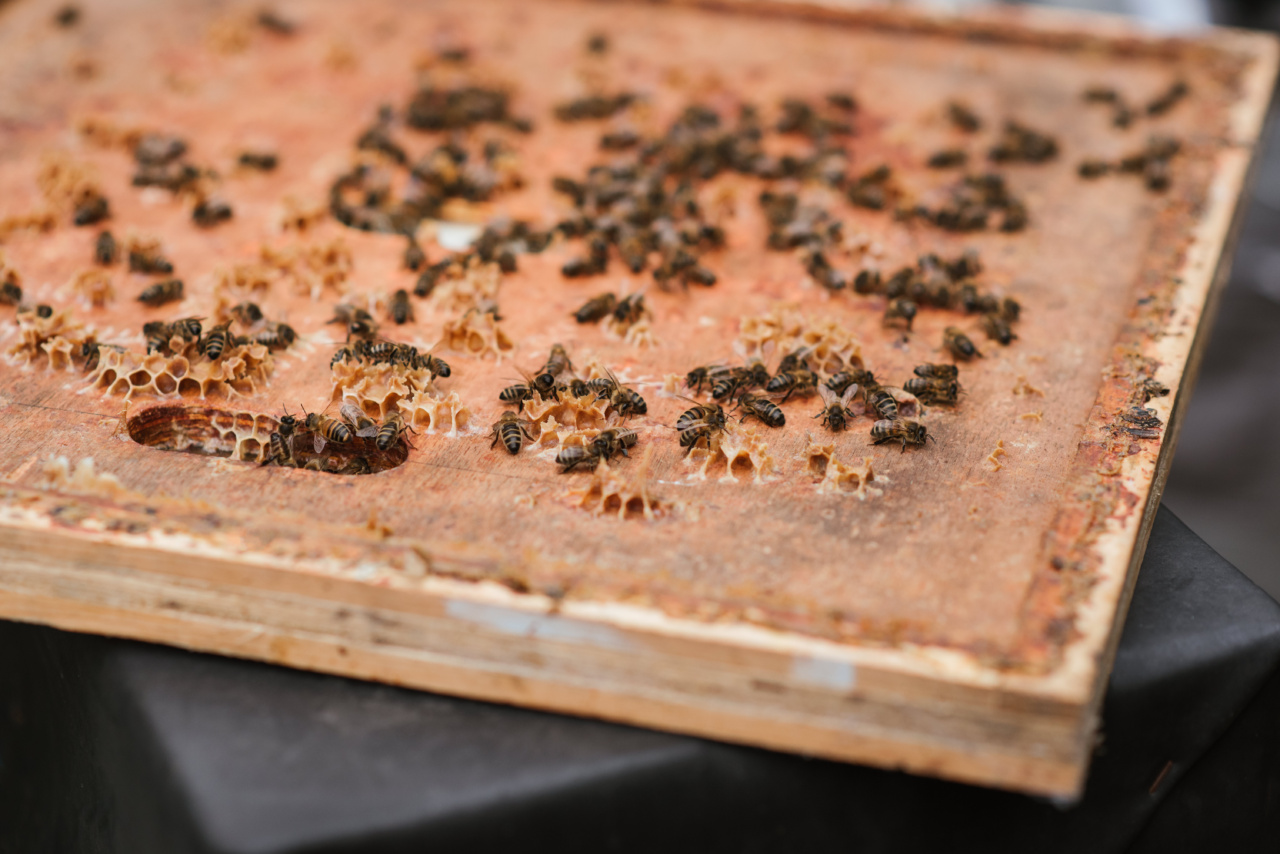With so much information available about nutrition and health, it can be difficult to separate fact from fiction. Many people are eager to try the latest fad diet or supplement, but not all of these trends are safe or effective.
In fact, some nutrition fads can be downright dangerous. Here are ten nutrition fads to beware of:.
1. Cleanses and Detoxes
Cleansing and detoxing diets claim to rid the body of toxins and promote weight loss.
While cutting back on junk food and increasing vegetables and water intake can be healthy, extreme cleanses and detoxes that involve fasting or consuming only liquid can be harmful. These diets can lead to nutrient deficiencies, dehydration, and even damage to the liver and kidneys.
2. High-Protein Diets
High-protein diets have gained popularity in recent years for their supposed ability to boost weight loss and build muscle.
However, consuming too much protein can stress the kidneys and liver and increase the risk of heart disease, especially for those with existing kidney or liver problems.
3. Gluten-Free Diets
Gluten-free diets are necessary for those with celiac disease or gluten intolerance. But for everyone else, avoiding gluten isn’t necessary and can actually be harmful.
Gluten-free products often contain lower levels of nutrients and fiber than their gluten-containing counterparts, and replacing gluten with more sugar and fat can lead to weight gain and health problems.
4. Juice Cleanses
Juice cleanses involve consuming only juice for days or even weeks at a time. While some juices can be healthy as part of a balanced diet, relying on juice alone is not sustainable or healthy.
These diets can lead to nutrient deficiencies, unwanted weight loss, and dehydration.
5. Low-Fat Diets
Low-fat diets were popular in the 90s, but recent research has shown that they are not effective for long-term weight loss or heart health.
Instead, focus on eating healthy fats such as those found in nuts, avocado, and olive oil, which can actually improve heart health and brain function.
6. Alkaline Diets
Alkaline diets are based on the idea that certain foods can alter the body’s pH balance, making it more alkaline and thus healthier. However, there is no scientific evidence to support this claim.
While eating foods that are high in alkaline minerals such as magnesium and potassium can be healthy, focusing too much on pH levels can lead to nutrient deficiencies and an unbalanced diet.
7. Coconut Oil as a “Miracle” Food
Coconut oil has been touted as a cure-all for everything from weight loss to heart disease to Alzheimer’s, but there is little scientific evidence to support these claims.
In fact, coconut oil is high in saturated fat, which can increase cholesterol levels and increase the risk of heart disease.
8. “Superfood” Supplements
Superfood supplements claim to provide a concentrated dose of nutrients and health benefits, but in reality, there is no such thing as a magic pill or powder. Consuming excessive amounts of supplements can lead to nutrient imbalances or toxicity.
Instead, focus on consuming whole foods that are naturally high in nutrients.
9. “Clean” Eating
The term “clean” eating has become popular in recent years to describe a diet focused on whole, unprocessed foods.
While eating whole foods can be healthy, the term “clean” implies that certain foods are “dirty” or bad, which can lead to guilt and shame around food. Additionally, labeling foods as good or bad can lead to an unhealthy relationship with food and perpetuate disordered eating behaviors.
10. Meal Replacement Shakes
Meal replacement shakes claim to be a convenient way to lose weight and get all the nutrients you need, but these claims are often exaggerated. These shakes can be high in sugar and low in fiber and protein, leading to unwanted weight gain and hunger.
Additionally, relying on shakes alone for nutrition can lead to nutrient deficiencies and an unhealthy relationship with food.



























